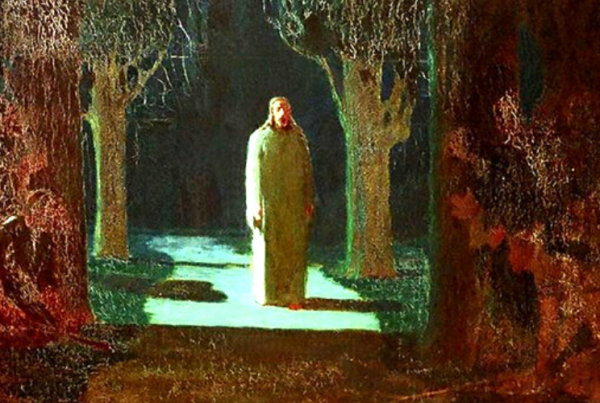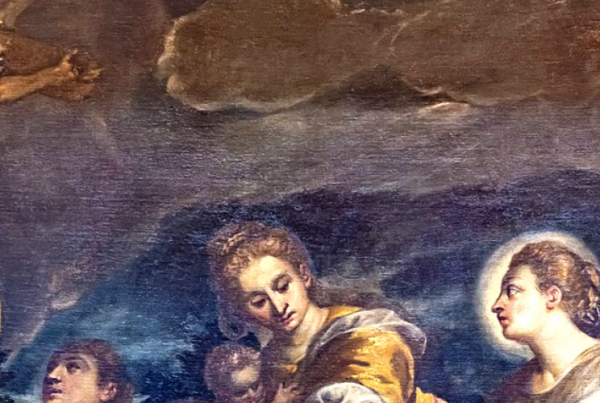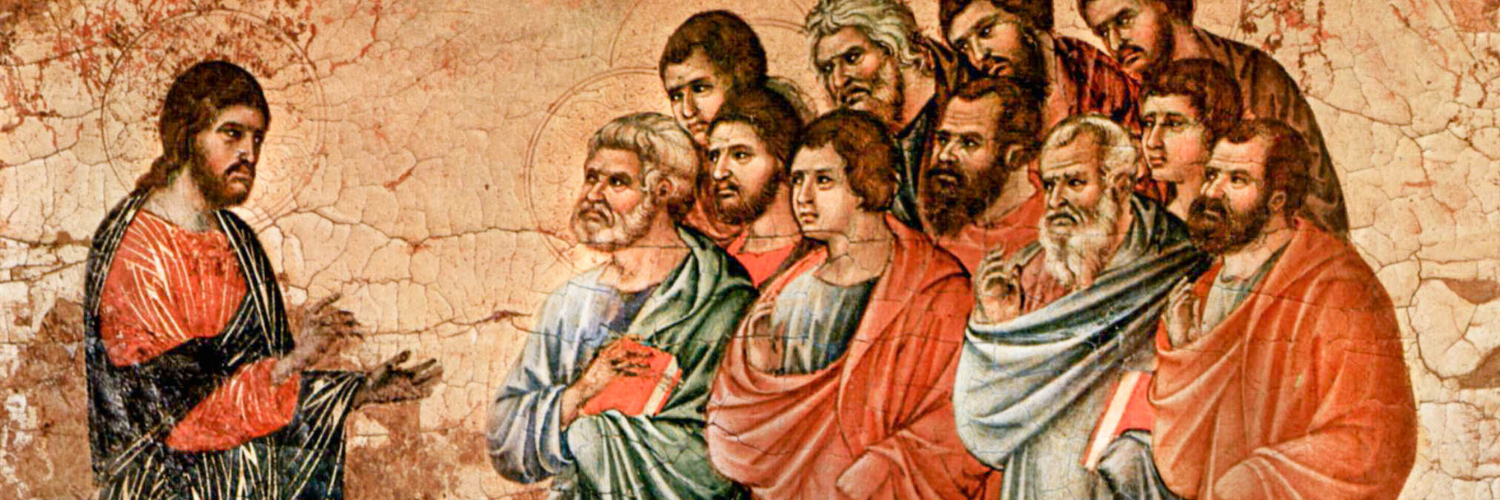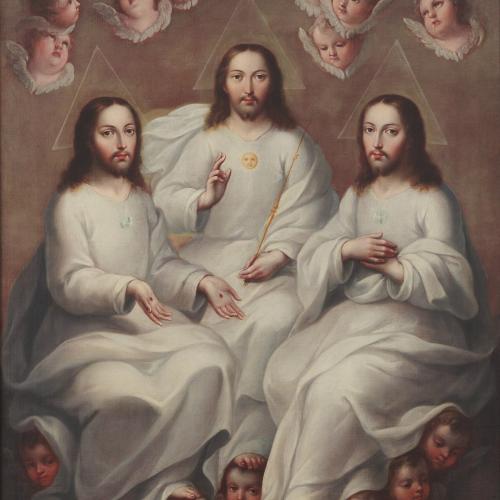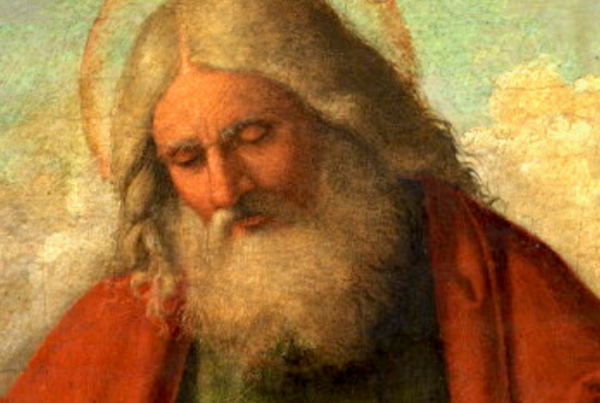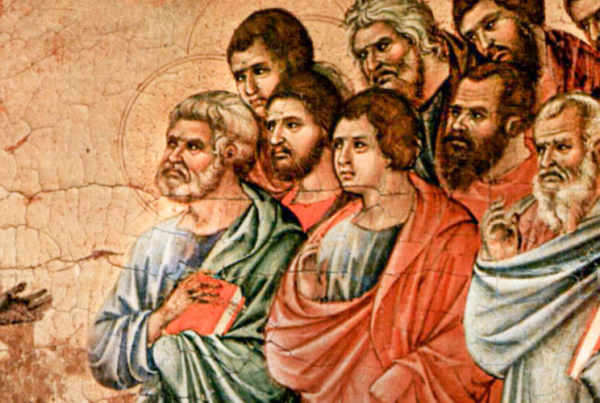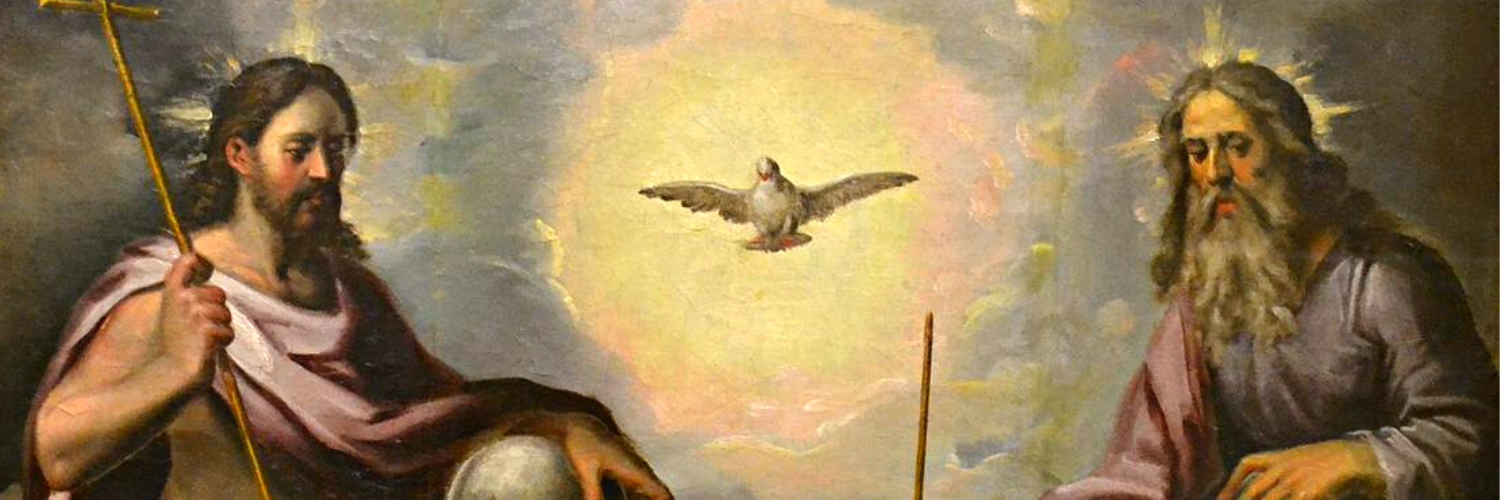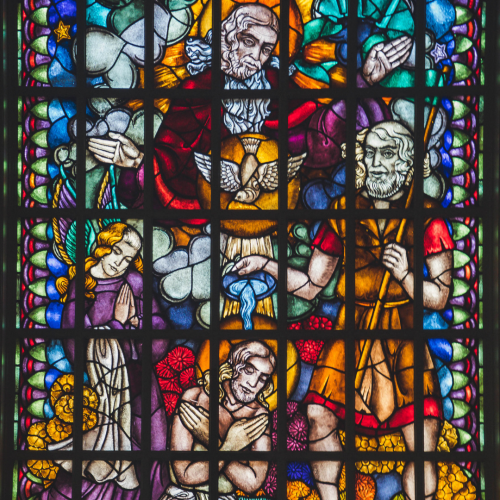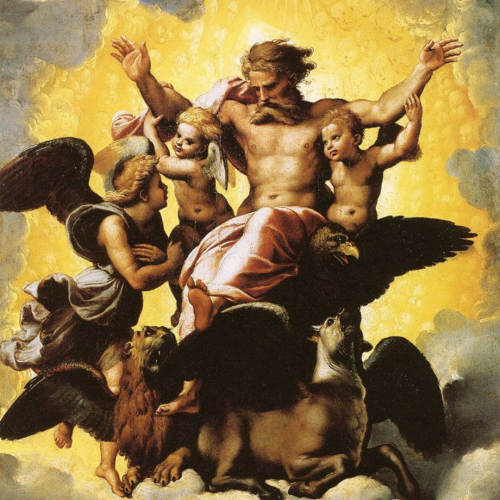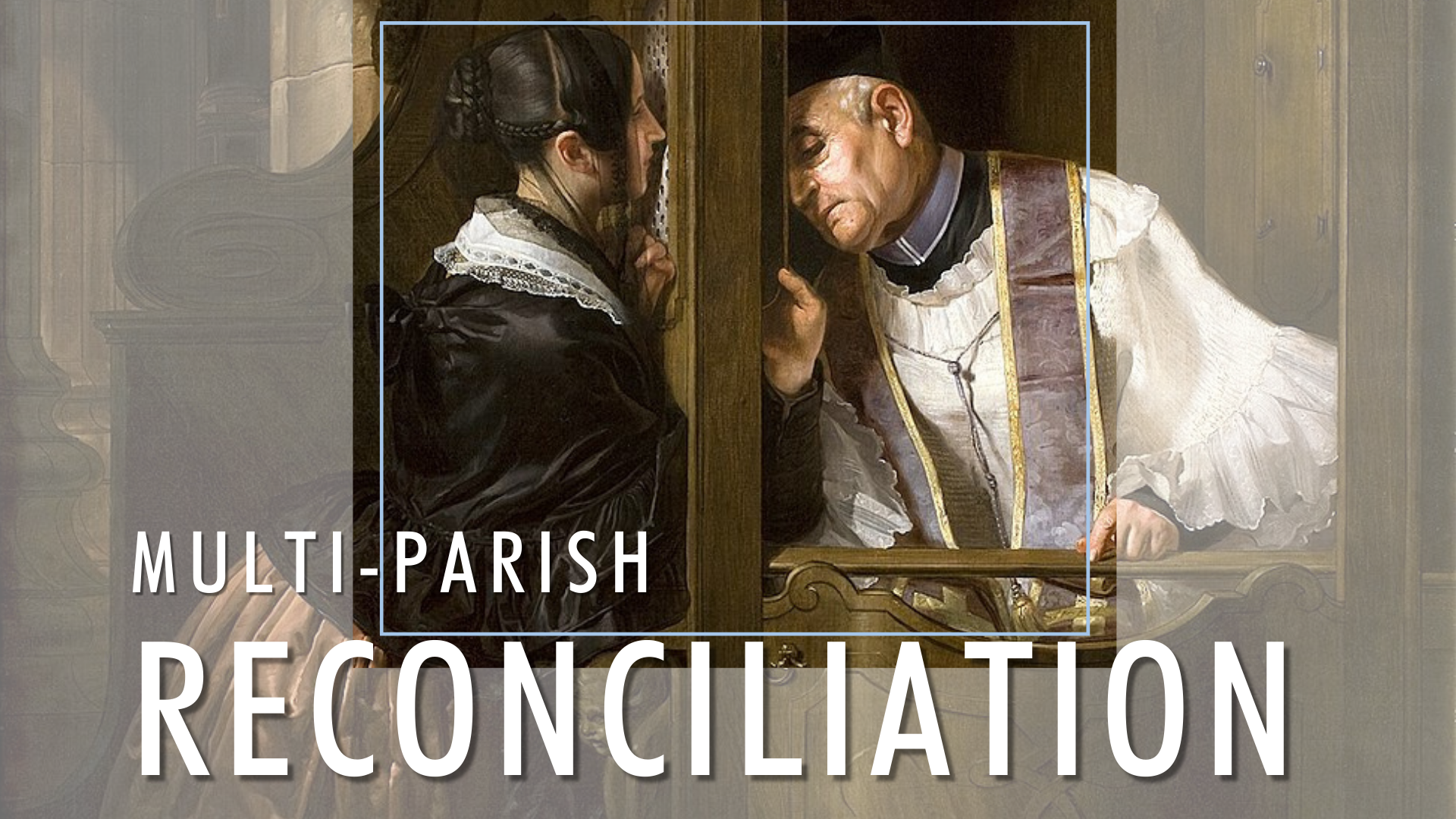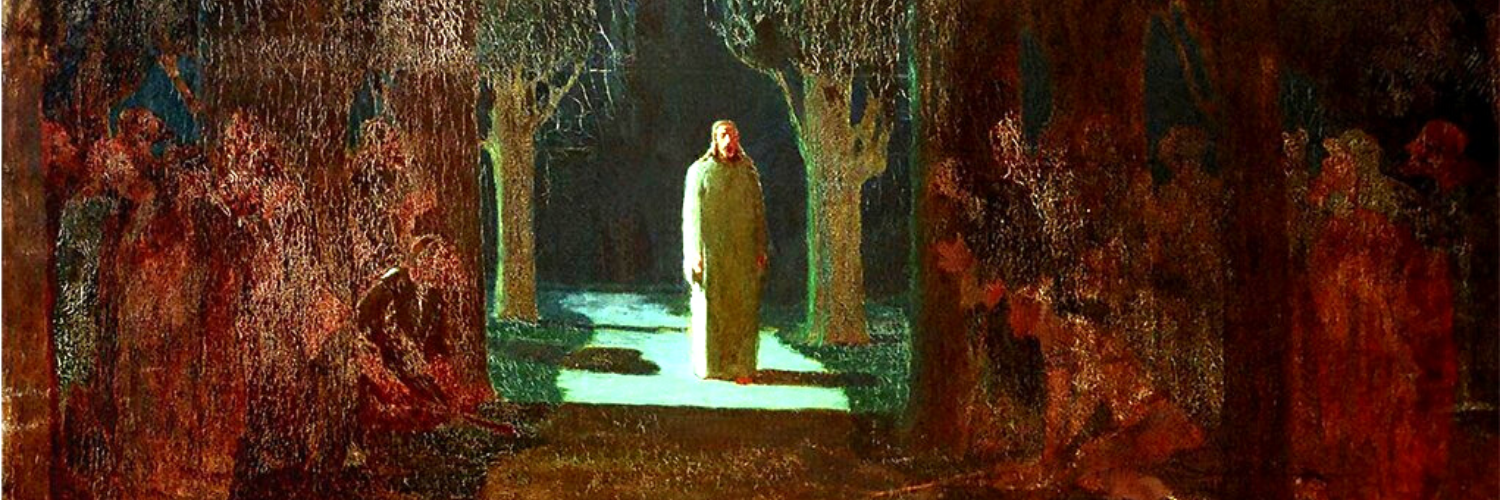
Who is Jesus
Fr. Ed Pelrine
The English writer C.S. Lewis famously presented his argument for the identity of Jesus as God. It’s a famous argument also presented by the philosopher Peter Kreeft of Boston College. Often referred to as “aut Deus aut homo malus:” either God or a bad man.
In the fourteenth chapter of John’s Gospel, as Jesus is preparing for his death, he makes this claim to his Apostles: “I am the Way, the Truth, and the Life. No one comes to the Father except through me.” Lewis argues that only God could make this claim, and if a mere human being did, he would be evil or mad.
Lewis refers to what he says are Jesus’ claims:
- to have authority to forgive sins — behaving as if he really was the person chiefly offended in all offenses.
- to have always existed
- to intend to come back to judge the world at the end of time.
What do we know about Jesus’ life? He was a first century Jew from Palestine, believed by Christians to be the son of Mary of Nazareth, a devout Jewish woman, and the stepson of Joseph the carpenter. Mary is said to descend on her father’s side from the tribe of Judah and on her mother’s from the tribe of Levi. Joseph was of the House of David as well. Born in Bethlehem in Judea, just a few miles from the capital of Jerusalem, Jesus grew up in Nazareth in Galilee, in the north of the country, which was under Roman occupation.
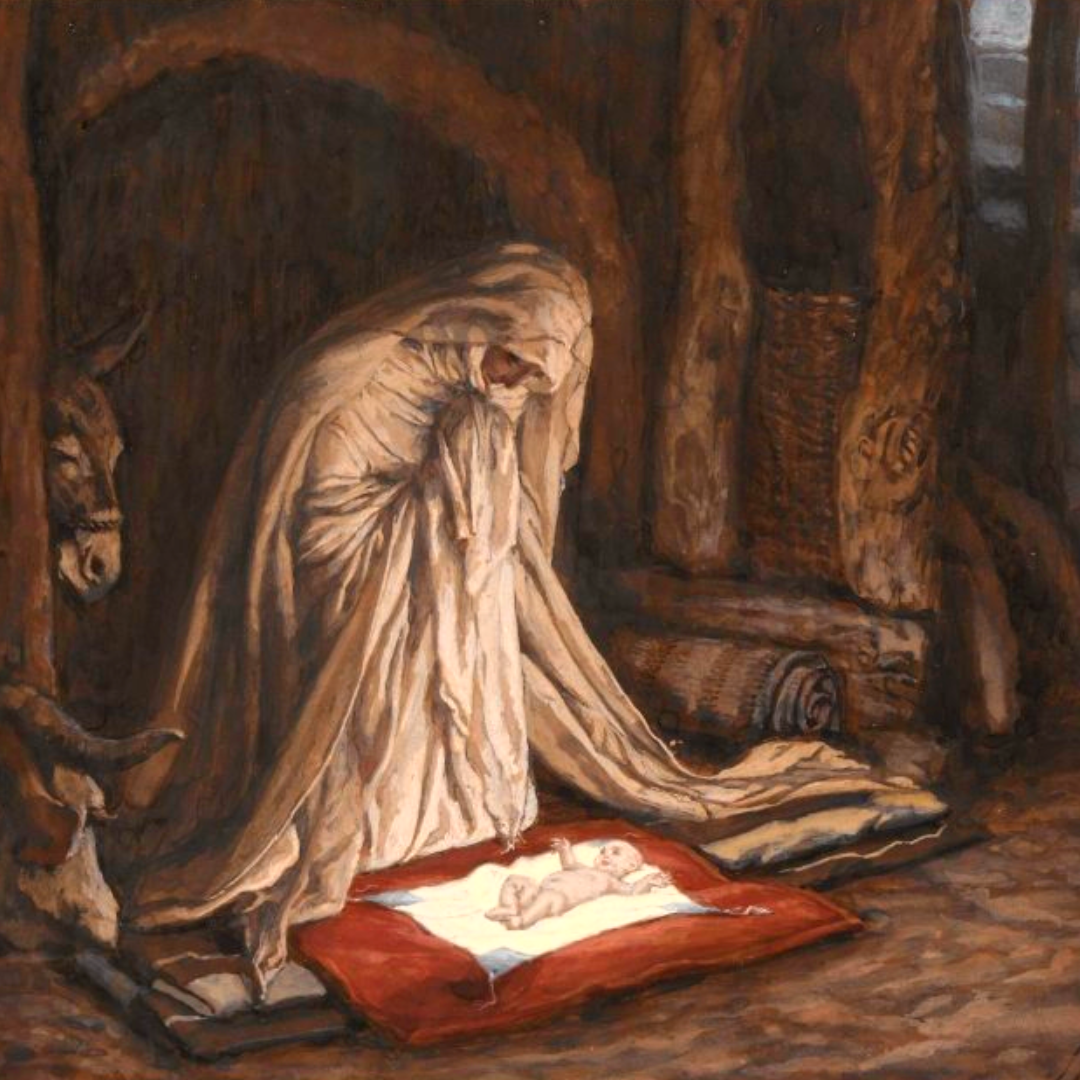
Jesus began a ministry when he was around thirty years old, and revealed God the Father to the people of Israel. He also revealed himself as the Son of God, as he fulfilled the Old Testament prophecies about the coming Messiah. Gathering a group of chosen Apostles around him, Jesus carried out a ministry of healing and teaching, culminating with his arrest and trial, crucifixion, and death. This was his High Priestly sacrifice, as he fulfilled the sacrifices of the Old Covenant by his sacrificial offering of his own life on the Cross.
On the third day after he offered the Passover sacrifice of the New Covenant, Jesus was raised from the dead in his glorified body, and shortly thereafter returned to Heaven after commissioning his Apostles to preach the Gospel to all nations.
After Jesus revealed himself as the Way, the Truth, and the Life, he expressed his mission perhaps most beautifully to Philip the Apostle, when he said to him, Philip, “When you see me, you see the Father.”
When you see me,
you see the Father
What This Means For Us
Jesus reveals the face of God the Father to us. He invites us into the relationship of dynamic love which is the Trinity: Father, Son, and Holy Spirit. Jesus desires an intimate friendship with us. He pours his life and love into us through his sacraments. He speaks to us through the Scriptures and through the apostolic witness in the teaching of his Church.
FOR FURTHER READING ON THIS TOPIC
